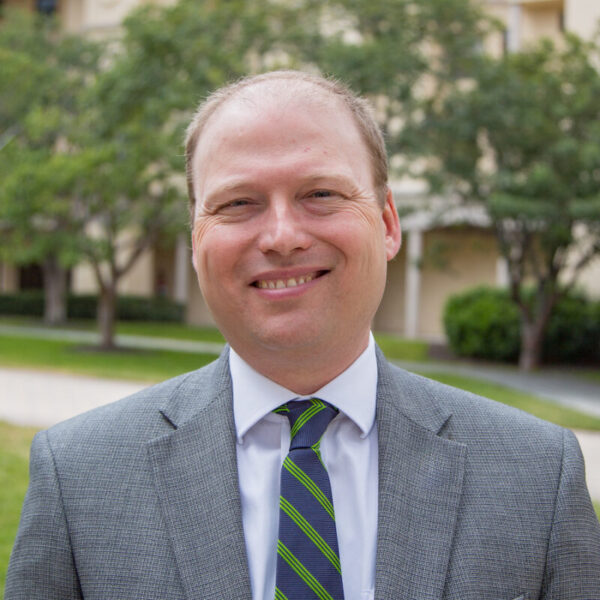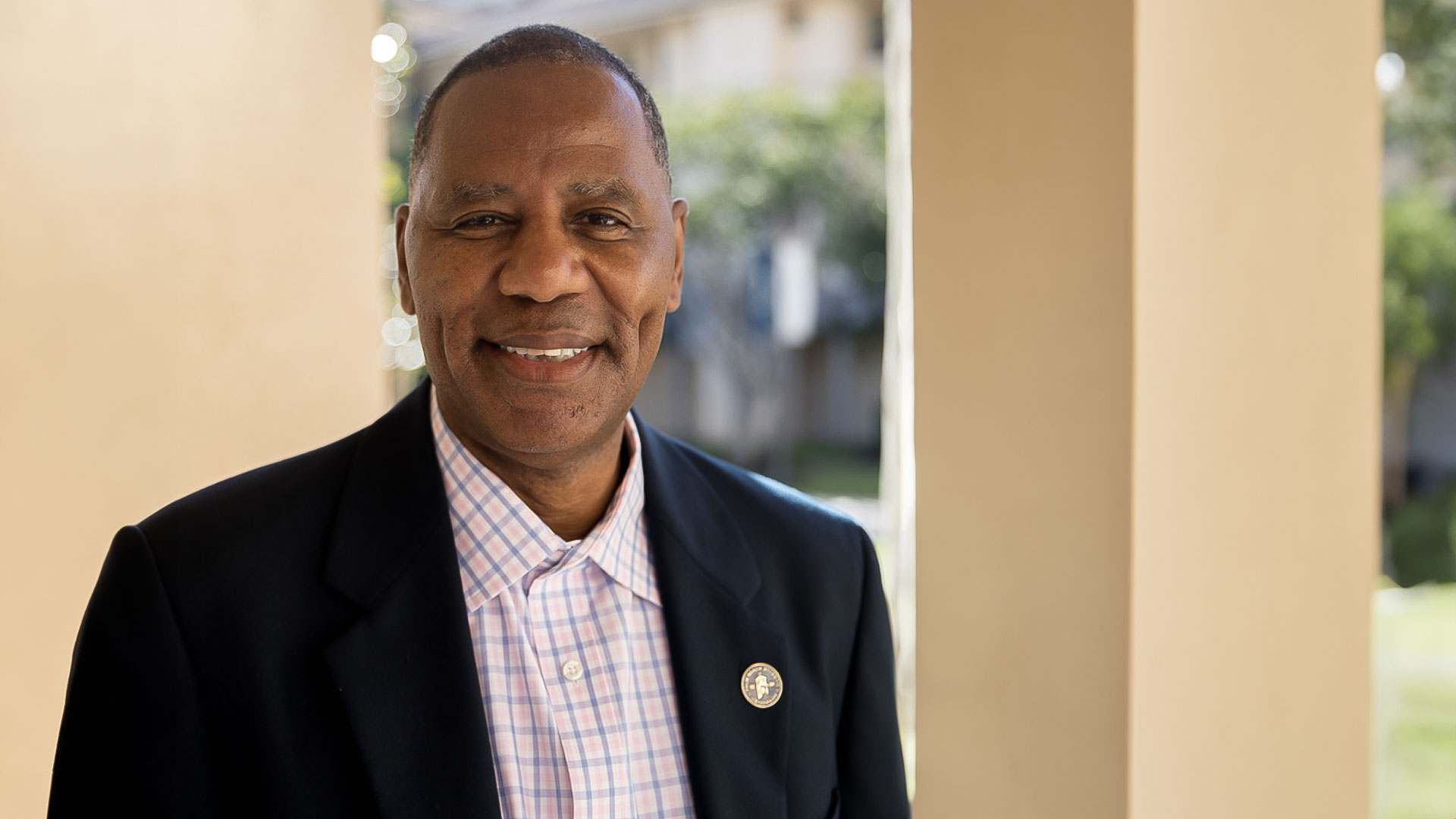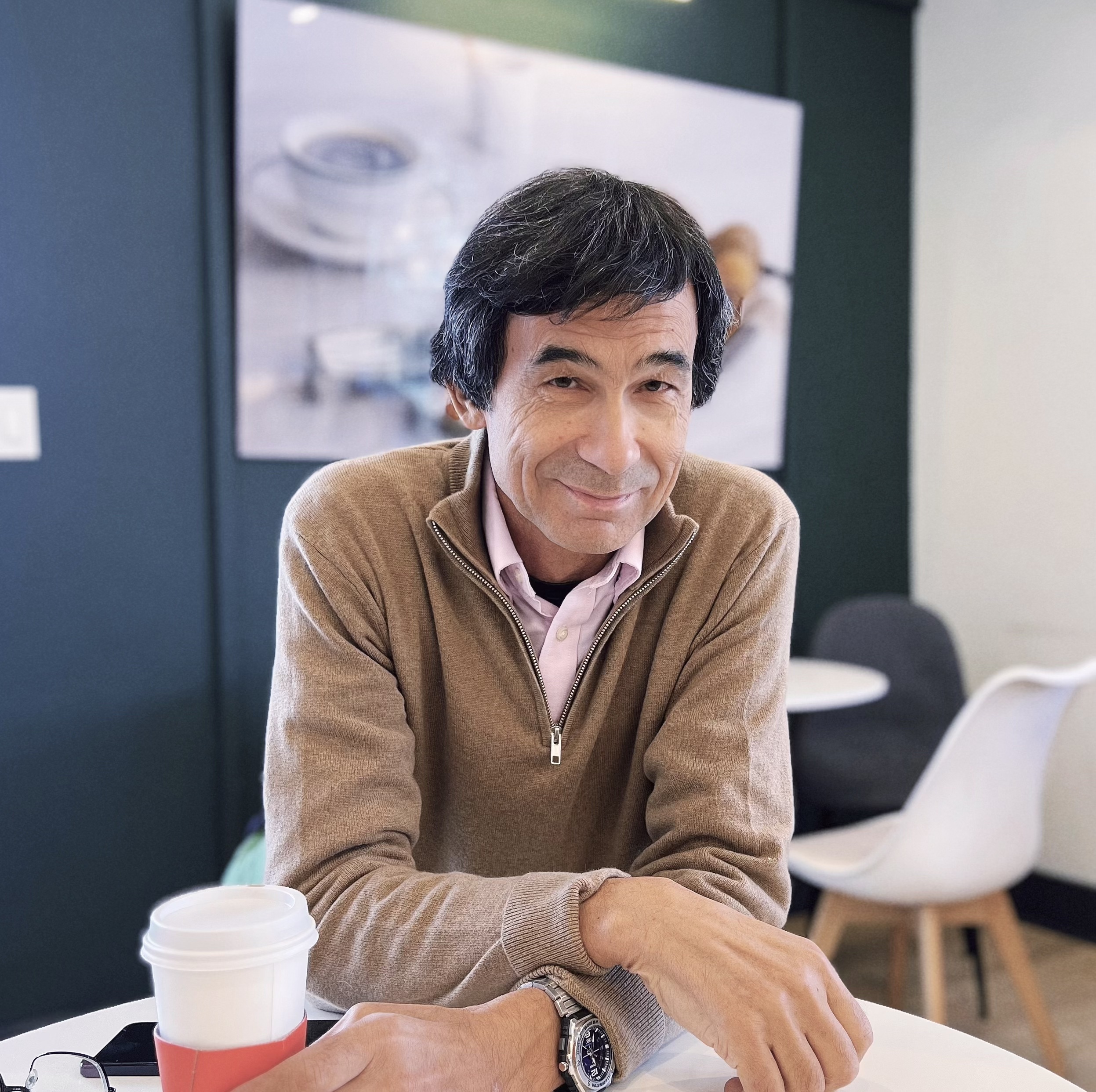“Four Families in Mafraq,” a student-directed documentary about Syrian refugees in Jordan, has won a gold Telly Award.
It marks the eighth award the film has earned. Tim DeMoss ’20, Sarah Roulette ’20 and professor Israel Balderas shot the documentary in Jordan while embedded with University students and faculty on humanitarian relief trips.
Watch the documentary here.
The movie began as an interdisciplinary service learning project and evolved into a news documentary. Students combined their creative skills with a passion for redemptive storytelling, said Balderas, the producer.
“We knew this was a special film as we interviewed refugees who were heartbroken over loss of life, home and self,” Balderas said. “Their stories were compelling. But never did we imagine this film would win numerous awards from professional journalists and filmmakers.”
This marks PBA’s first gold Telly Award, said Antonio Zarro, professor of cinema arts. The Telly Awards are the world’s largest honor for video and television content. The contest is judged by a group of more than 200 experts from some of the most prestigious companies in entertainment, publishing, advertising and emerging technology.
DeMoss, who directed and edited the film, said he was glad to see its quality recognized by an external source.
“Hopefully this is going to put more eyes on the project and create more empathy for the refugees living under those circumstances,” DeMoss said.
Sarah Roulette, center, and Calvin Morley ’16, far right, play with Muhammad’s children as he watches from the left.A year after DeMoss and Balderas shot the bulk of the documentary, Roulette was headed to the Middle East on another humanitarian trip. DeMoss asked Roulette, a journalism major and intercultural studies minor, if she’d be willing to shoot some supplementary footage.
“Within a week, half of my luggage was camera equipment,” Roulette said.
Roulette spent her mornings with the humanitarian team handing out supplies and serving locals in need. Then she’d collect her camera gear and spend the rest of her days filming interviews. She was accompanied only by the translator and a couple men from the humanitarian team.
As director of the film’s epilogue – the final five minutes or so – she bore sole responsibility for the shot work, lighting and audio, as well as making sure the video was in focus.
“It was an amazing experience having full rein over the project and putting my own strengths to the test,” Roulette said. “It’s one of my greatest achievements at PBA.”
She stayed up until 1 or 2 a.m. copying her footage to a hard drive, which she then mailed to DeMoss in Pennsylvania so that he could edit it over the summer.
When the team began to screen the film, Roulette “wanted everybody in the world to watch and feel how I felt when I was talking to the families,” she said.
The Journalism Department plans to build on the success of the piece by producing more unique documentaries that embrace solutions journalism, Balderas said. “Four Families in Mafraq” examined the problems faced by refugees; future pieces will document how people respond to social problems by attempting to make life better.
“Four Families in Mafraq” Awards:
- Fort Worth Indie Film Showcase, Best International Feature Student Film (2019)
- U.S. International Film and Video Festival, Outstanding Creative Excellence Award (2019)
- Communicator Awards, Award of Excellence, Student and Documentary Video categories (2019)
- Great Lakes International Film Festival, Documentary and Religion Short Official Selection (2019) (two nominations)
Florida Association of Broadcast Journalists (College), Public Affairs First Place (2020) - Ava Digital Awards, Platinum, Long-Form Video (2020)
Communicator Awards, Award of Excellence, Student Online Video (2020) - The Telly Awards, Gold Award, Non-Broadcast Student Category (2020)


